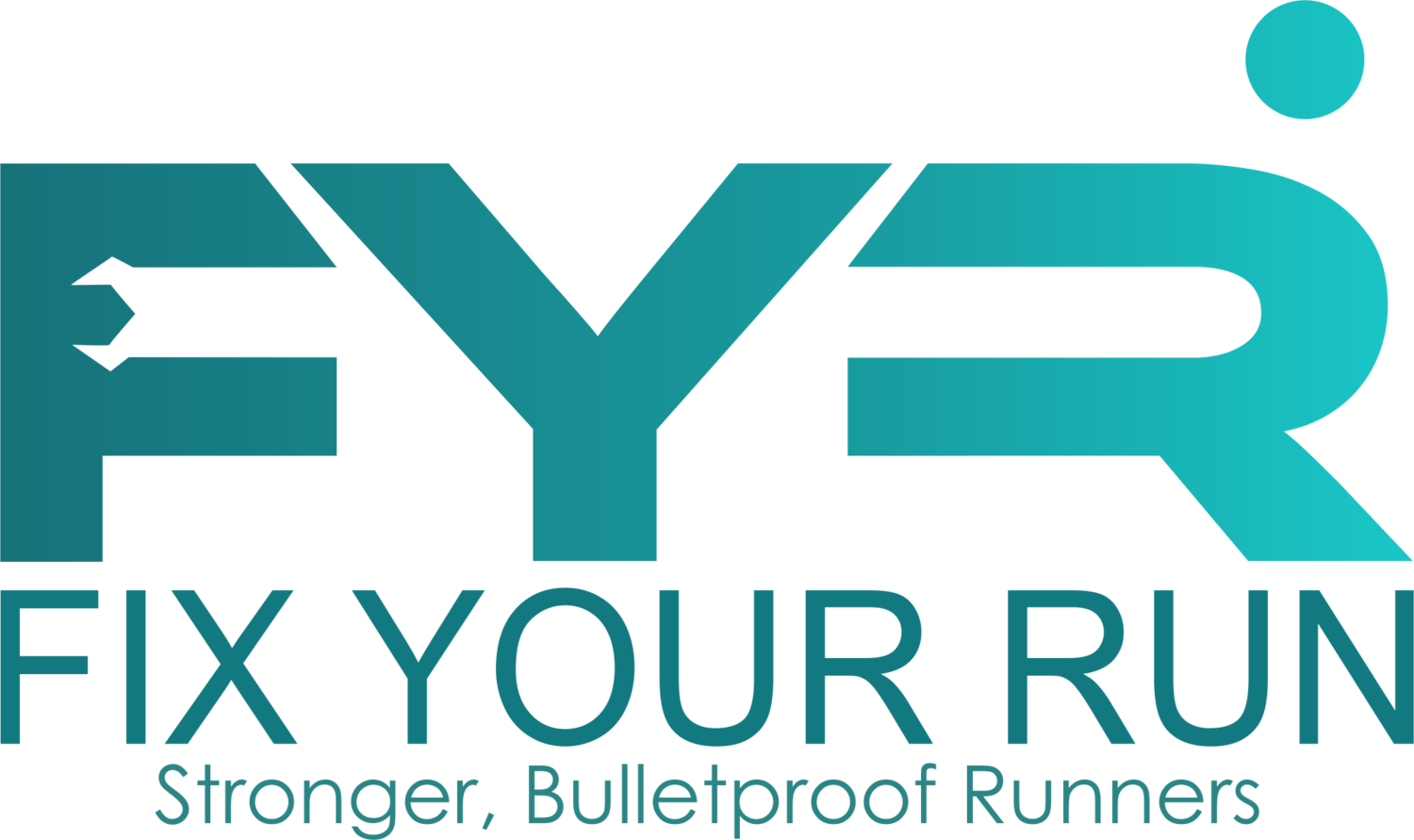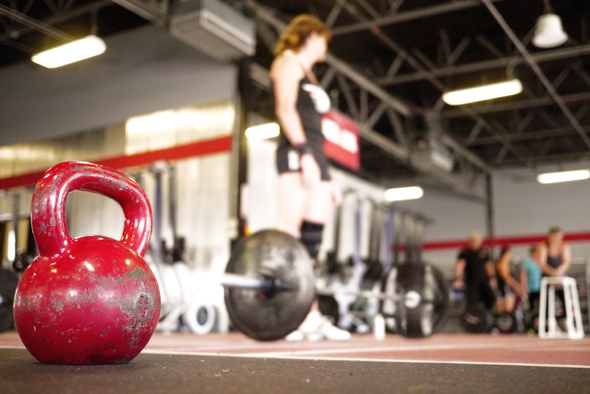 Rest. It's what the doctor ordered, right? You're hurt and the glaringly obvious solution is to rest.
Runners absolutely HATE to hear that – as I'm sure you're well aware.
Rest. It's what the doctor ordered, right? You're hurt and the glaringly obvious solution is to rest.
Runners absolutely HATE to hear that – as I'm sure you're well aware.
If I told you that you had to completely GIVE UP your favorite unhealthy treat [don't you even go anywhere, Starbucks pumpkin bread. Seriously.], how would you react? Kicking and screaming like a little kid, no doubt!
I know this because I used to give this sort of lousy advice to clients who were looking to lose weight and get healthy. And it never worked. Telling people they can't have something only makes them want it more! (Not to mention most people know the difference between foods that promote health and foods that don't.)
OF COURSE giving up sugary, salty, fatty foods would probably be a good thing, but instead of focusing on subtracting the “bad” foods, what if we focused on adding more healthy foods?
Eventually you'd be eating so much of the good stuff like veggies, fruits, lean proteins, healthy fats, and whole unprocessed grains you will crowd out the junk.
So where does that leave us, the injured runners?
RELATIVE Rest
What doc is trying to say is that you should take a rest from the activity that is causing the injury. If running is hurting you, then stop running and let it heal. This does NOT (necessarily) mean stop training.
Relative rest means you find alternative ways to stimulate a training effect even though you can't run.
The sky is the limit in terms of what you can do to continue making progress towards your goals. And you never know, you just may end up with a new hobby, like triathlon or strength training.
Remember pain is merely a warning signal. It is up to you to NOT throw a band-aid on it and consider it an inconvenience. Taking pain pills just to get through a session, wearing double knee braces, or ignoring it while training in denial is not the solution.
Instead, own it and take the opportunity to learn why it happened. Consult an expert (*ahem*) and immediately make the mental shift towards what you CAN do.
What's available to you?
- Very steep uphill treadmill walking
- Indoor or outdoor cycling
- Elliptical machine
- Rowing
- Swimming or pool running
- Every hear of a Versa Climber or Jacob's Ladder? Awesome!
And how about killing two birds with one stone?
- Strength training with very little recovery – i.e., circuit training. You work on your weaknesses while getting your heart rate up!
If you're training for something specific, like a marathon, can you simulate your planned training? Sure! Long hilly bike ride. Or a long mix of elliptical, bike, and uphill walking. How about a 5K? Yup, do 5 x 4 minutes at a hard effort with 2 minutes easy recovery.
Just the other day I did a “lactate threshold” session on the bike because I knew my foot needed a break from running fast. After warming up, I went sustainably hard for 3 sets of 10 minute intervals with a minute break between each. Sweated like crazy and felt the same sense of accomplishment as a solid run. Experience tells me that when my foot is ready, I will be in shape.
Could you cross train exclusively and then run your race? You could but it's not advised. While all of these options will steer your cardiovascular system in the right direction, the mechanical stress of running will be missing. You will have to ease back into running and this will require some patience because your muscles, tendons, and bones will have to re-adapt to that stress.
Act Quickly
The quicker you can identify the difference between good soreness and injury – and then adjust your training – the quicker you will return to running. That becomes the goal.
Originally you were training for a race, now take that commitment and focus and channel it into your rehab and cross-training. Hesitate and you WILL lose fitness. Act quickly and you'll be the one more likely to be celebrating on race day!
PS: Sometimes you're just not sure if it's an injury or not. If you're wondering, then consult an expert. In the meantime, assume it IS an injury and train accordingly.
PPS: Have you been injured recently? What have you been doing to stay fit?

